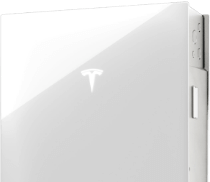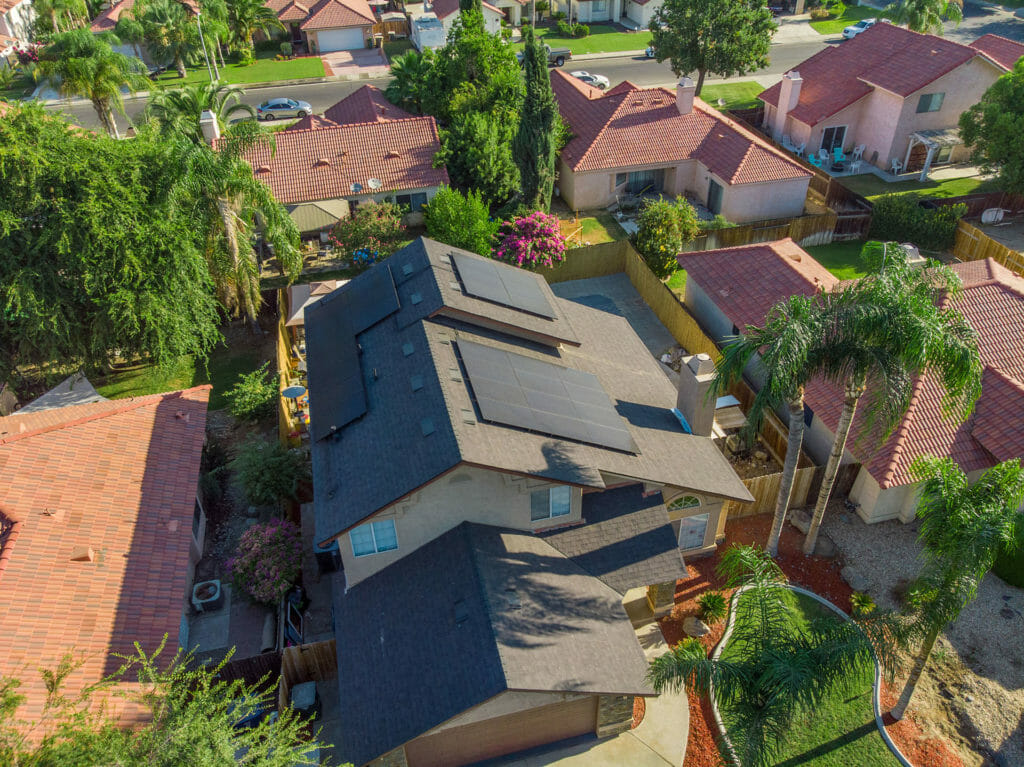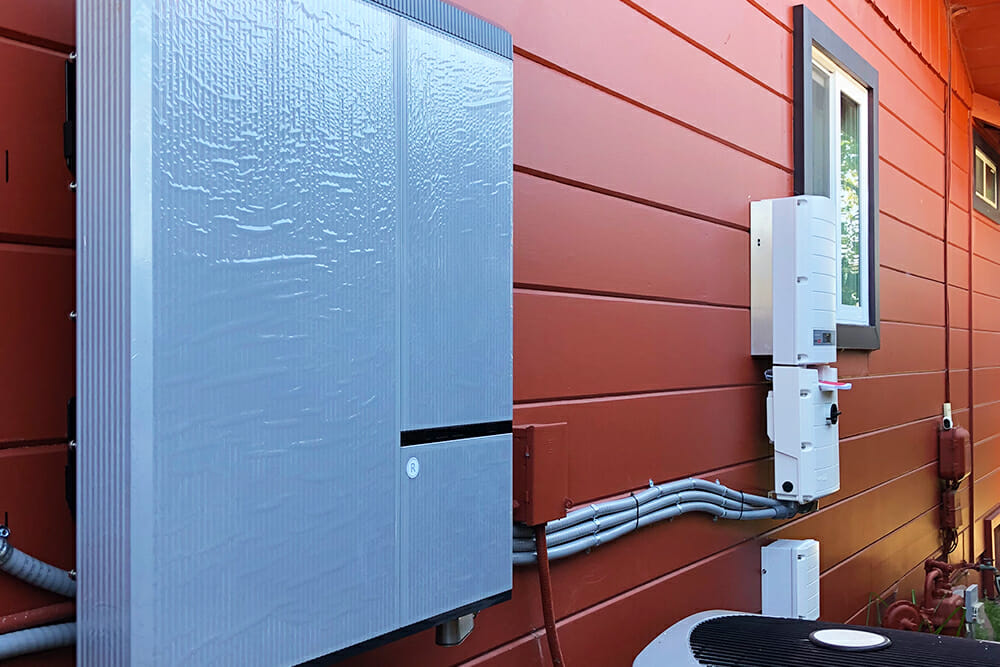In 2005, United States lawmakers passed the Energy Policy Act, which grants a tax credit to homeowners and businesses that purchased solar power systems. For many, the Investment Tax Credit (ITC) is a huge motivator for going solar. With utility companies raising electricity rates—and shifting customers to time-of-use pricing—it’s easy to see why many are switching to solar energy, a more affordable way to power homes and businesses.
While the ITC is great news for those looking to install solar now, things will look different in just a few years when the ITC is phased out and the up-front cost of installing solar goes up.
The Investment Tax Credit is offered to people who purchase solar systems for their home or business.
Solar system purchasers can use the ITC to deduct 26% of the cost of buying and installing a solar power system from their total tax liability. The ITC is available to both residential and commercial buyers, and there is no limit on the value of the installation.
For tax purposes, the ITC is not a deduction. A tax deduction decreases a taxpayer’s liability by lowering their total income. Consider your taxable income for the 2012 year: let’s say it’s $70,000, and you owe $4,000 in taxes. If you have a tax deduction of $2,000, you can subtract that $2,000 from your overall earnings, leaving you with $68,000 in taxable income. In this scenario, you’ll owe a few hundred dollars less in taxes.
The ITC is a tax credit—it doesn’t lower your gross income, but instead reduces taxes owed. If the tax credit you receive is $4,000, you can apply that directly to the $4,000 that you owe in taxes, reducing the amount to zero. And if the amount that you owe in taxes is less than the tax credit, you can rollover the remaining credit to the following year.
From 2005 to 2019, the ITC was worth 30% of the cost of solar. It’s now worth just 26%, a number that will continue to decrease.
Until December 31, 2019, the ITC was worth 30% of the total cost of purchasing and installing a new solar system. At the beginning of 2020, the value of the ITC was reduced 4%, from 30% to 26%. The original law called for another 4% tax credit decrease in 2021—however, lawmakers amended the law in late 2020.
In 2021 and 2022, the tax credit will remain at 26% the cost of a solar system. In 2023, the credit will lose even more value, until it is no longer offered in 2024:
- Solar buyers receive a credit worth 26% in 2021.
- Solar buyers receive a credit worth 26% in 2022
- Solar buyers receive a credit worth 22% in 2023.
- Solar buyers receive zero credit in 2024 and onwards.
Let’s do some math to determine how much money you stand to lose if you purchase a solar system in 2023 versus 2021 or 2022.
A residential solar system costs between $10,000 and $28,000, depending on system size and specs. Say you decide to purchase a grid-tied solar system that comes out to a total cost of $15,000.
A $15,000 solar system purchase in 2021 or 2022 results in a tax credit of $3,900.
A $15,000 solar system purchase in 2023 results in a tax credit of $3,300.
That’s a $600 difference between—free value that’s left on the table by deciding to wait a couple years to buy solar. As systems get larger, the price goes up, and so does the value of the credit. Large commercial and industrial solar system buyers stand to lose tens of thousands of dollars by waiting until 2023 or after to go solar.
If you’re in the market, you’ll experience the greatest return on investment going solar this year. Once 2024 rolls around, the ITC is no more.
The ITC is only available to solar system owners. If you decide to lease your solar system, you won’t be eligible for the federal tax credit.
The Energy Policy Act stipulates that only solar system owners are eligible for a tax credit. If you purchase your solar system outright, you’ll receive the credit. However, many solar companies offer solar lease options. Should you choose to lease your solar system, then you will not receive the solar tax credit.
In many cases, homeowners don’t have the upfront cash to buy a solar system. But there are solar loans available that allow you to pay off the system over time, meaning you’ll still get the tax credit. Again, if you lease your system, you will not be eligible for the solar investment tax credit.
If you have further questions about the solar investment tax credit, and want to know your purchase and lease options for installing solar on your home or business, Ilum Solar can help! Give us a call and we’ll be happy to answer any questions that you may have.





